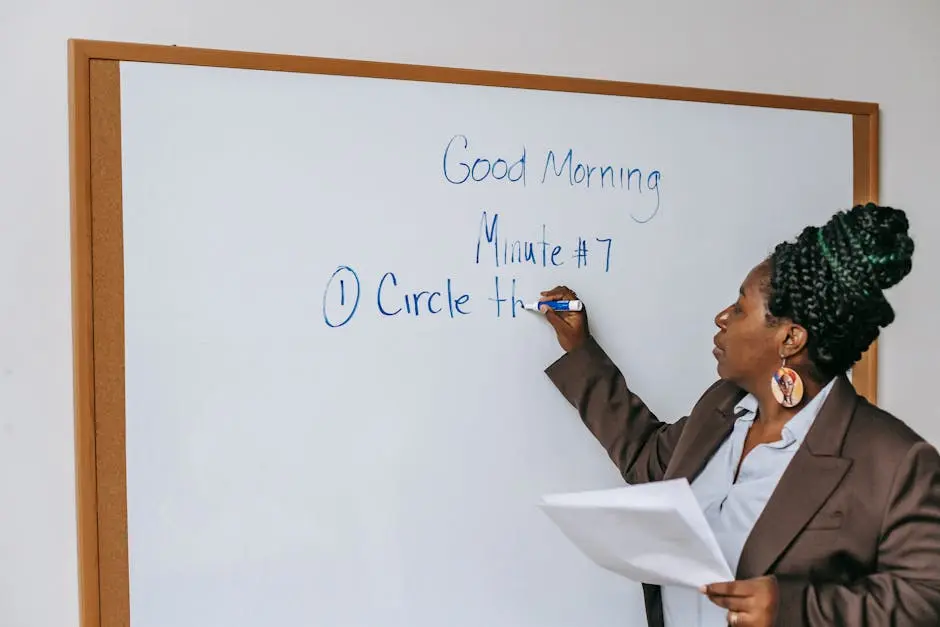Mediation training programs are more than just courses that teach you how to mediate disputes. They are comprehensive training grounds designed to equip you with the skills needed to tackle real-life conflicts. In this FAQ, we’ll explore how these programs prepare you for the challenges you’ll face in the real world.
Understanding the Core Principles of Mediation
Mediation programs introduce the fundamental principles necessary for effective conflict resolution, including neutrality, confidentiality, and voluntary participation. These elements are critical as they form the foundation upon which successful mediation is built. By emphasizing these core tenets, the programs ensure that mediators can create a safe space for all parties involved.
One crucial principle in mediation is maintaining neutrality. As a mediator, you are the impartial party who facilitates discussions and guides the process without taking sides. Training programs hone your ability to recognize biases, ensuring that you uphold fairness throughout the mediation process.
Confidentiality is a cornerstone of trust in mediation. During training, you learn how to manage and protect sensitive information, which is essential for creating an environment where parties feel safe sharing openly. This principle not only protects the participants but also upholds the integrity of the mediation process.
Developing Effective Communication Skills
Learn how mediation training programs enhance your communication skills, allowing you to listen actively and express ideas clearly, which is crucial in resolving disputes. Through role-playing and interactive exercises, you become adept at picking up on verbal and non-verbal cues, making you a more empathetic facilitator.
The ability to ask open-ended questions is another skill you’ll master. This technique helps uncover underlying interests and issues that might not be immediately visible. By fostering open dialogue, you’re better positioned to guide parties toward mutually agreeable solutions.
Moreover, communication skills acquired through mediation training can transfer to all types of professional scenarios. From workplace meetings to customer interactions, the clarity and diplomacy learned in mediation are universally applicable, providing an edge in any environment.
Enhancing Emotional Intelligence
Discover how emotional intelligence skills are honed through these programs, enabling you to understand and manage emotions in conflict situations. Emotional intelligence is about perceiving, interpreting, and responding to emotions constructively, which is vital in mediating effectively.
Training often includes modules on recognizing and managing your own emotions as well as those of others. By developing empathy, you can connect with individuals and understand their perspectives, an essential skill in any mediation setting.
Emotional intelligence is not just relevant in mediation but is a critical skill in everyday interactions. Whether you’re negotiating deadlines at work or dealing with personal relationships, the ability to manage emotional undercurrents enhances communication and fosters a supportive atmosphere.
Building Problem-Solving Abilities
Explore how mediation training focuses on developing creative problem-solving skills, helping you to propose solutions that meet the needs of all parties involved. Problem-solving in mediation requires not just addressing the immediate issue but transforming the conflict into a collaborative process.
The training encourages thinking outside the box. Instead of traditional, linear problem-solving methods, you learn to craft innovative solutions that take into account the complex web of interests and concerns presented by all parties.
Effective problem-solving in mediation goes beyond resolving disputes. It empowers individuals with the tools to handle conflicts in their own lives, fostering self-reliance and confidence in navigating disagreements.
Applying Mediation Techniques in Diverse Situations
Find out how the techniques learned in mediation training can be applied in various scenarios, from workplace disputes to family conflicts, providing versatile conflict resolution tools. This adaptability is what makes mediation such a powerful tool in modern-day conflict resolution.
For instance, in a corporate environment, the skills can enhance teamwork and solve disputes that might otherwise disrupt productivity. Meanwhile, in family settings, mediation helps resolve personal disagreements without causing lasting harm to relationships.
The wide applicability of mediation skills means they are invaluable in any field that involves people, from healthcare to education. The power to resolve conflicts amicably while respecting all parties ensures a more cohesive and harmonious environment.
Incorporating online and virtual dispute resolution techniques allows mediators to navigate the complexities of our increasingly digital world, expanding the contexts in which their skills can be applied.
The Real-World Impact of Mediation Training
Mediation training programs provide valuable skills that extend beyond traditional conflict resolution. From enhancing communication to fostering emotional intelligence, these programs make you better equipped to navigate the complexities of human interaction and conflict in the real world.


